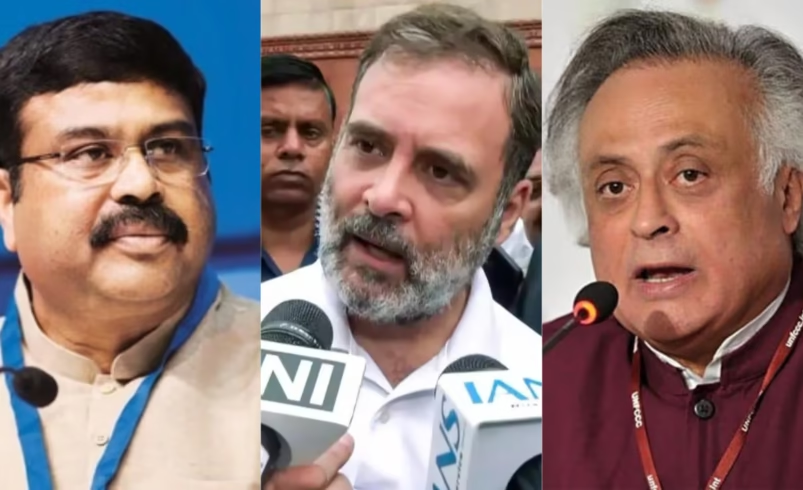Congress Stands Firm on China Remarks Amid Supreme Court Critique
- August 4, 2025
- 0

The Supreme Court has recently criticized Rahul Gandhi for his remarks regarding the ongoing India-China border standoff. This judicial rebuke has sparked a significant political debate, with the ruling Bharatiya Janata Party (BJP) seizing the opportunity to challenge Gandhi’s stance. The court’s critique has added fuel to an already heated discussion about national security and political responsibility.
The BJP has been vocal in its condemnation of Gandhi’s statements, labeling them as “anti-national.” The party argues that such comments undermine India’s national security, especially at a time when tensions with China are high. This accusation is part of a broader narrative where the BJP positions itself as the guardian of national interests, contrasting its approach with what it perceives as the Congress party’s lack of seriousness on security issues.
Despite the Supreme Court’s criticism and the BJP’s accusations, the Congress party remains steadfast in its position. The party argues that raising questions about the government’s handling of the border situation is not only legitimate but necessary for accountability. By doubling down on its claims, Congress seeks to highlight what it sees as failures in the current administration’s foreign policy.
Adding a cultural twist to the political discourse, Congress took a jab at the central government by referencing a popular Bollywood film, “Dilwale Dulhania Le Jayenge” (DDLJ). This move was intended to resonate with the public and draw attention to their critique of the government’s actions. However, it also opened up another front for criticism from opponents who saw it as trivializing serious national issues.
This controversy highlights the deep divisions within Indian politics regarding national security and foreign policy. It underscores how political parties use every opportunity to bolster their narratives and appeal to voters. As this debate continues, it remains to be seen how it will influence public opinion and impact future electoral outcomes.